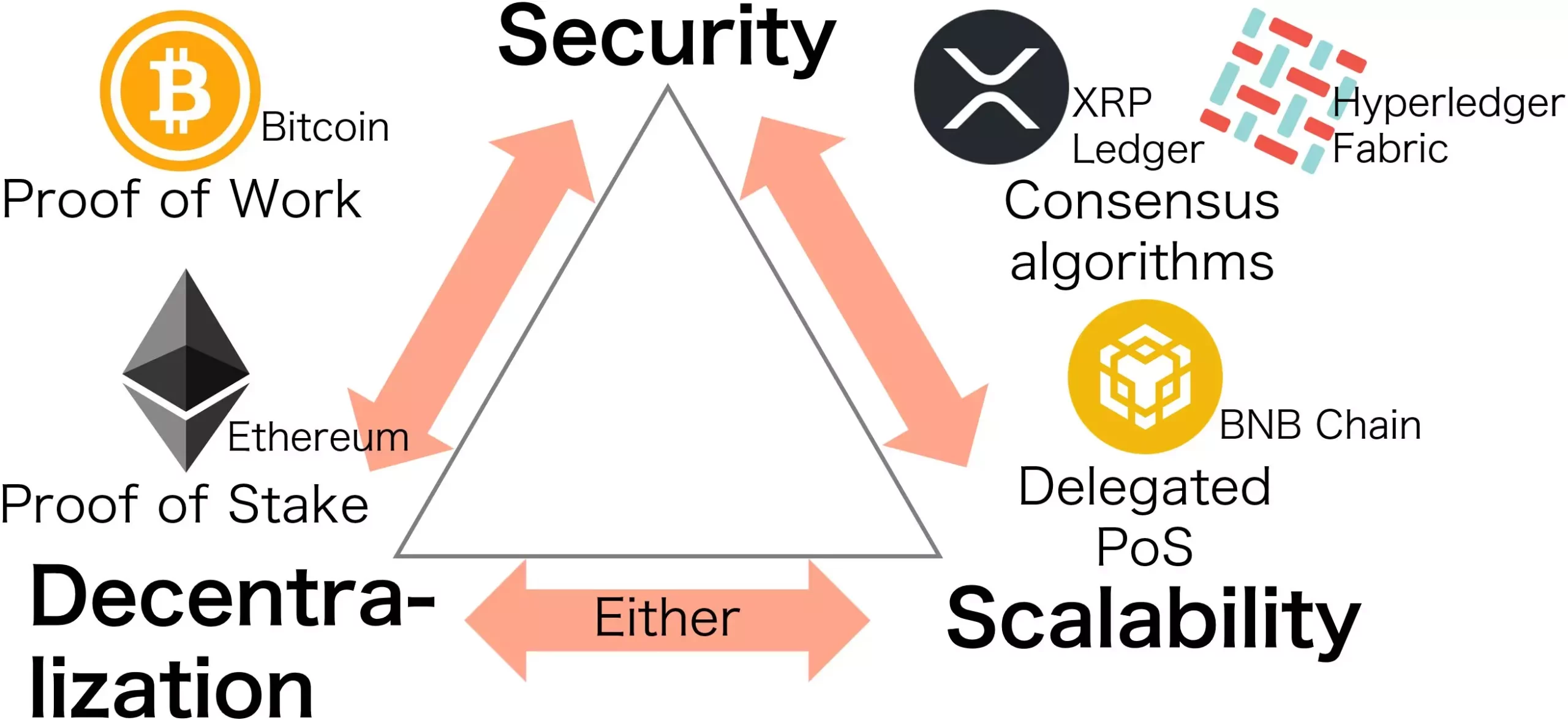In the realm of blockchain development, a persistent tension exists between three critical factors: scalability, security, and decentralization. This fundamental challenge, known as the blockchain trilemma, has been a focal point for developers striving to create more efficient and secure systems. Traditional wisdom suggests that only two out of the three elements can achieve optimal levels simultaneously. This limitation has incited frustration and innovative thinking alike within the community.
However, a recent breakthrough by researchers at Kyoto University marks a significant leap forward in our understanding of this trilemma. The researchers have developed a mathematical expression that encapsulates the intricate relationship between scalability, security, and decentralization specifically concerning Proof of Work-based systems like Bitcoin. This groundbreaking work offers a potential roadmap for enhancing blockchain technology without compromising essential attributes.
New Insights from Kyoto University
Team leader Kazuyuki Shudo and his colleagues have proposed that the product of scalability, security, and decentralization remains constant at one within the framework they’ve derived. This fundamental insight not only clarifies the dynamic interplay between these elements but also opens avenues for improvement. By identifying pathways to enhance scalability without sacrificing security or decentralization, the researchers have pointed out two crucial strategies: reducing block size and increasing the speed of transaction processing.
Interestingly, these findings resonate with existing methods currently employed in the industry. For example, Bitcoin’s Compact Block Relay minimizes transaction sizes, thereby nudging the platform closer to an ideal balance of the trilemma’s components. Nonetheless, the struggle for developers remains: increasing one of the trilemma aspects often leads to a decline in the others. This ebb and flow pose ongoing challenges that require not just innovative thinking but also tangible proof of concepts to verify claims of improved scalability.
Examining the Interpretations and Implications
The insights derived from Kyoto University’s research draw attention to various interpretations of the blockchain trilemma, particularly those advanced by high-profile figures like Vitalik Buterin, one of the co-founders of Ethereum. While the community has seen prolific idea generation around solving the trilemma, many projects lack empirical validation, leaving a vacuum of confidence as developers promise enhancements that may not uphold security or decentralization.
Shudo underscores a crucial point—past studies have often mingled security and scalability, complicating the narrative around these central constructs. They previously established a formula concerning blockchain’s security index, revealing that factors contributing to security correlate with transactional efficiency. This intertwining of aspects presents a dual challenge: improving transaction speed without allowing vulnerabilities to creep into the blockchain’s architecture.
Looking to the Future
As the blockchain ecosystem evolves, the implications of this mathematical breakthrough are vast. It does not undermine the growing significance of Ethereum’s shift to Proof of Stake; rather, it invites further exploration of how alternative consensus mechanisms can fit within this framework. The quest to unravel the blockchain trilemma is not just an academic exercise—it is crucial for the future scalability and resilience of decentralized systems. The influx of new ideas spurred by these revelations might usher in a transformative era for blockchain technology, enhancing its viability for broader applications across various sectors.


Leave a Reply